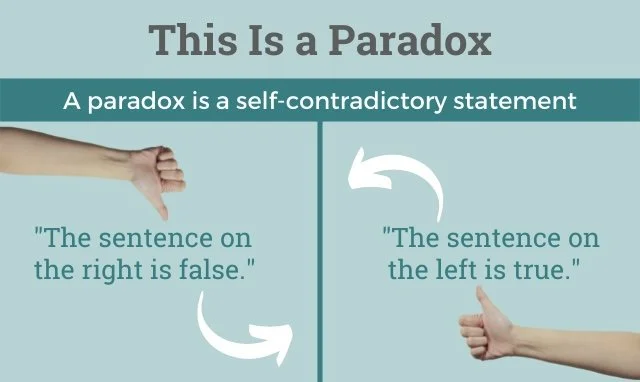Are you a high achiever or a perfectionist? Learn the 10 key differences
There are some key differences between high achievers and perfectionists yet they are often labelled as the same. There are some blurred lines and you’ll often find a mix of these traits lumped into the same person. Ultimately we want to be moving from the idea of perfection (because let’s face it, it’s an unattainable standard keeping us small) to high achiever where we are able to show up in the world in a healthy way without the pressure to be perfect.
There is an idea that perfectionism is a valuable thing but this just isn’t true, it is a damaging survival strategy more concerned with safety than it is with exemplary effort.
Most of my clients fall into these two brackets and most have a big mix of the two. When you have a big unhealthy dose of perfectionism that is stifling your ability to grow it’s time to change. My partner T a very wise man often says “when something become ‘ego dystonic’ we will let it go” and that goes for personality traits as well as habits and behaviors. First we have to recognize that this strategy is unhelpful before we can even think about moving to change.
Start by checking off the things on this list you identify with and make sure to read to the bottom.
High Achievers
Focus on progress and improvement rather than perfection. They set realistic goals and work towards them consistently.
Take risks and embrace failure as a learning opportunity.
They view mistakes as an opportunity to grow and improve.
Prioritize their time and energy efficiently.
They focus on the tasks that are most important and delegate or eliminate non-essential tasks.
Believe in themselves and their abilities.
They have confidence in their skills and are not afraid to take on challenges.
Are open to feedback and criticism.
They view feedback as a tool for growth and use it to improve their performance.
Collaborate with others and seek out opportunities for teamwork.
They understand the value of working with others and believe that teamwork can lead to better results.
Manage their emotions effectively.
They understand that emotions can impact their performance and take steps to manage their emotions in a productive way.
Have a growth mindset.
They believe that their abilities can be developed through hard work and dedication.
Embrace flexibility and adaptability.
They are willing to adjust their plans and strategies when faced with new information or unexpected obstacles.
Have a positive attitude and outlook on life.
They are optimistic and resilient, and are able to maintain their motivation and focus even in the face of adversity.
Perfectionists
Set unattainable standards and are often overly critical of themselves and others.
Are afraid of failure and may avoid taking risks or trying new things.
Have difficulty prioritizing their time and may spend too much time on non-essential tasks.
Have low self-esteem and may doubt their abilities or feel like they are not good enough.
May reject feedback or criticism and become defensive or upset when their work is criticized.
Tend to work alone and may struggle with teamwork or collaboration.
May struggle with managing their emotions, and may become easily overwhelmed or stressed.
Have a fixed mindset and believe that their abilities are predetermined and cannot be developed.
May struggle with flexibility and adaptability, and may become rigid or inflexible in their thinking or approach.
May struggle with negativity or anxiety, and may become easily discouraged or give up when things do not go as planned.
Are you a high achiever or a perfectionist? Or a mix? Is your perfectionism harming your ability to enjoy life?





